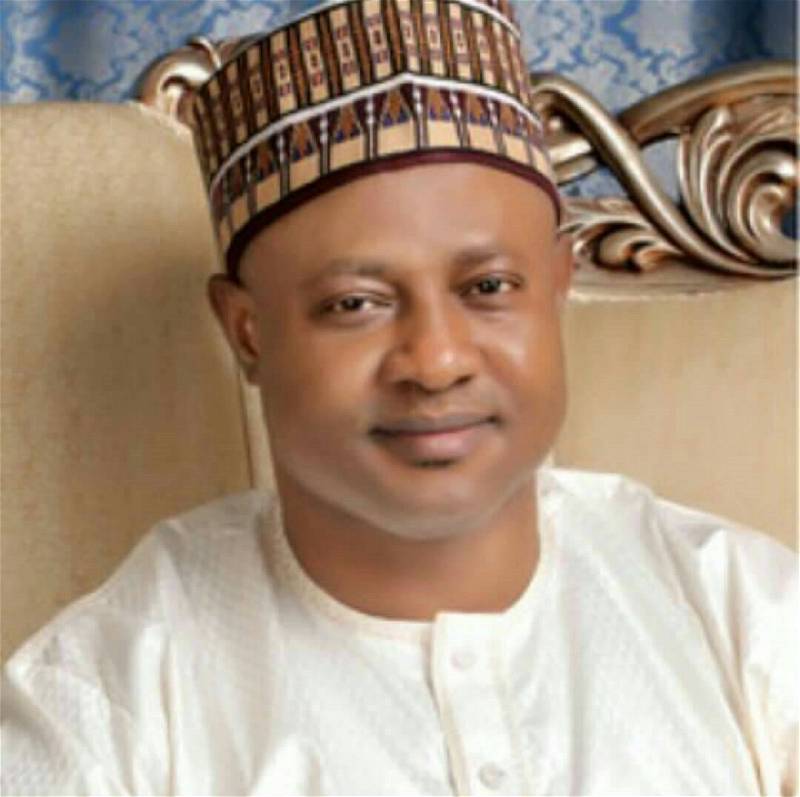The National Bureau of Statistics (NBS) says the unemployment rate in Nigeria increased to 5.3 per cent in Q1 2024 from the 5.0 per cent recorded in Q3 2023.
By Okeoghene Akubuike
The National Bureau of Statistics (NBS) says the unemployment rate in Nigeria increased to 5.3 per cent in Q1 2024 from the 5.0 per cent recorded in Q3 2023.
The NBS said this in its Nigeria Labour Force Survey for Q1 2024, released in Abuja on Tuesday.
The bureau said the unemployment rate was defined as the share of the labour force who were not employed but who were actively searching and were available for work.
In terms of educational attainment, the report said the rate of unemployment among persons with post-graduate education was 2.0 per cent in Q1 2024.
“While unemployment among those with post-secondary education was 9.0 per cent, while those with secondary education was 6.9 per cent, and 4.0 per cent for those with primary education.”
It said the unemployment rate among youth aged (15-24 years) in Q1 2024 was 8.4 per cent, which was a decrease of 0.2 per cent compared to the 8.6 per cent recorded in Q3 2023.
The report said the unemployment rate among males was 4.3 per cent and 6.2 per cent among females in Q1 2024.
“The unemployment rate was 6.0 per cent in urban areas and 4.3 per cent in rural areas in Q1 2024.”
The NBS said time-related underemployment in Q1 2024 was 10.6 per cent, indicating a decrease of 1.7 per cent from the 12.3 per cent recorded in Q3 2023.
It said time-related underemployment rate was the share of employed people who were working less than 40 hours per week, but who would be willing and available to work more.
“The share of the underemployed men was 8.5 per cent, while the share of underemployed women was 12.5 per cent in Q1 2024.
“The underemployment rate was 9.7 per cent in urban areas and 11.8 per cent in rural areas.”
The NBS said the labour force participation rate among the working-age population in Nigeria dropped to 77.3 per cent in Q1 2024 compared to 79.5 recorded in Q3 2023.
The report said the participation rate among males was 77.5 per cent while for females it was 77.1 per cent.
It said the employment-to-population ratio, which was the proportion of the working-age population that was employed was 73.2 per cent in Q1 2024
“This indicates a decline of 2.4 per cent compared to a ratio of 75.6 recorded in Q3 2023.
“The ratio in urban areas was 69.5 per cent and 78.9 per cent in rural areas in Q1 2024, indicating a decrease in the ratio compared to the 71.1 per cent and 80.7 per cent in Q3 2023, respectively.”
The report said there was a 3.3 percentage point increase in the proportion of workers in wage employment, from a record 12.7 per cent recorded in Q3 2023 to 16.0 per cent in Q1 2024.
“By gender, 20.1 per cent of males were in wage employment, compared to 12.1 per cent of females.
“Wage employment was also higher in urban areas, at 21.8 per cent than in rural areas, where it stood at 8.1 per cent.”
It said in Q1 2024, the percentage of youth (15-24 years) identified as Young Persons Not in Employment, Education nor Training (NEET) was 14.4 per cent.
“This indicates a 0.7 percentage point increase from 13.7 per cent in Q3 2023.”
The report also showed in Q1 2024, there were more females in NEET with 15.9 per cent compared to 15.5 per cent in Q3 2023.
“ Males in NEET accounted for 13.0 per cent in Q1 2024.”
The NBS said 1.5 per cent of employed Nigerians spent between one to nine hours a week working, while 4.8 per cent spent between 10 to 19 hours a week.
“Approximately 25 per cent worked between 20 to 39 hours, while 22 per cent spent between 40 to 48 hours, and 46 per cent worked 48 hours and above in a week.”(NAN)






